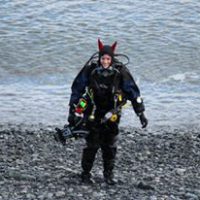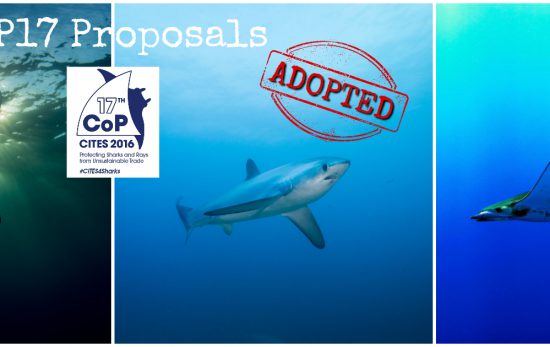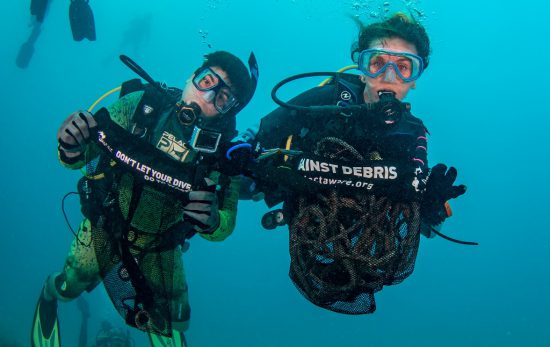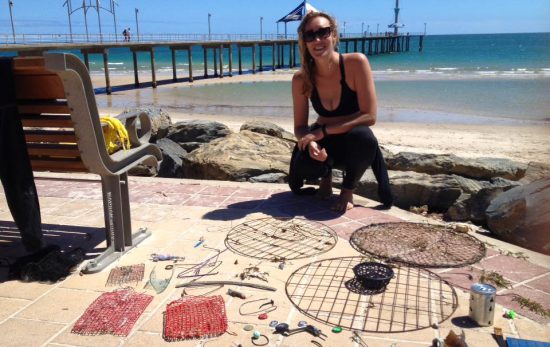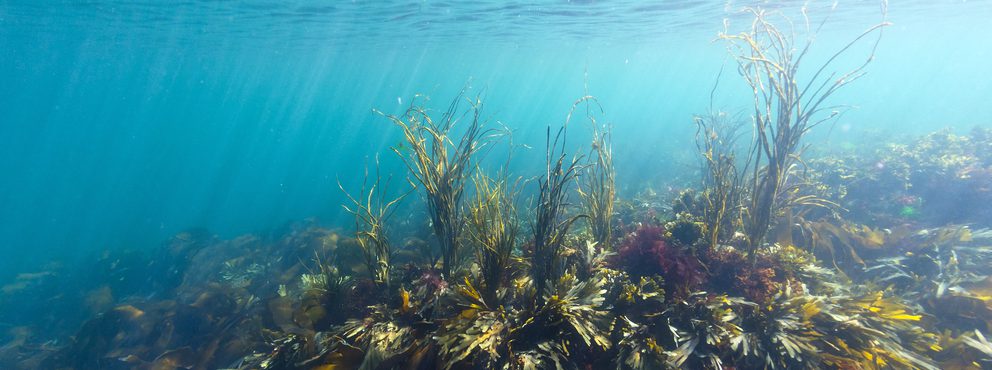
The ocean is in trouble – from coral bleaching to creature entanglements – and for most people, the damage lies hidden beneath the surface. Fortunately as divers, we have the ability to make a difference by taking part in conservation activities and spreading the word to non-divers.
While marine conservation is a global issue to tackle, these changes begin at a local level. Here are five ways to start making your impact around the beautiful shores of the UK.
#1 Clean it up
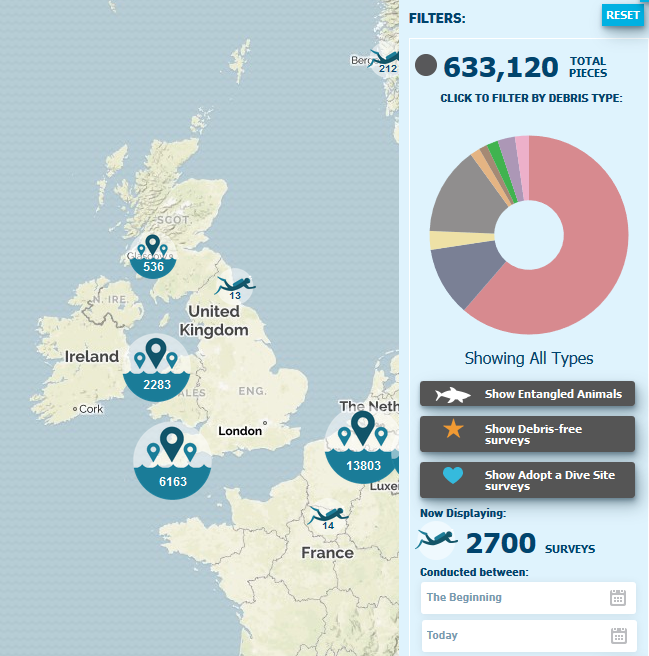
Rubbish: it’s a hot topic in the marine conservation world, and with good reason. Project AWARE’s Dive Against Debris™ Map lists over 62,000 items of debris reported from UK dive sites this year so far, and news sources report a 34% increase in beach litter between 2014 and 2015.
While conservation organisations are working to influence change at national and international levels, you can help to tackle the problem as a citizen-scientist in your local area. By joining a Dive Against Debris survey you can work to safely remove marine debris from your favourite dive site and report on what you’ve found. This research can be used to indicate problem areas, influence changes and ultimately prevent trash from reaching the ocean in the first place.
If you’ve got non-diving kids and family, then why not get them involved by spending an afternoon at the beach, collecting litter and having fun spotting marine creatures in the rock pools.
But, if you can’t join an organised event, don’t be discouraged – even the smallest efforts still make a difference, like collecting one or two bits of rubbish on your next dive or coastal walk.
#2 Adopt a Dive Site
If you’re already on board with Dive Against Debris surveys and want to take your commitment to the next level, why not Adopt a Dive Site and carry out monthly surveys at the same location, reporting on the type and quantity of debris found. You’ll get plenty of support and resources from Project AWARE® as well as annual reports and tools to help share your support with your local community.
Results from Adopt a Dive SiteTM participants are available to see on the Dive Against Debris Interactive Map.
[unordered_list style=”star”]Here are some of the results from around the UK across marine and freshwater sites:
- Cricceith Beach (Gwynedd, Wales) – 14 pieces of debris (~1 kgs, estimated)
- Gildenburgh Water (Whittlesey, England) – 30 pieces of debris (9 kgs, estimated)
- Vobster Quay (Radstock, England) – 18 pieces of debris (0.5 kgs, estimated)
- Shore Road (Poole, England) – 125 pieces of debris (133.25 kgs, measured)
Want to see your activities on the list? Adopt a Dive Site and report your findings.
#3 Start at home
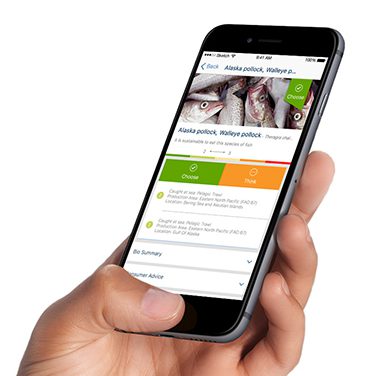
You don’t even need to set foot on the beach in order to protect the ocean. Many of the choices you make at home or while shopping can lead to positive changes for UK waters.
Last year, the IUCN published the European Red List of Marine Fishes, highlighting that 7.5% of all European marine fish species are threatened with extinction in European waters. If you enjoy seafood, make sure you make sustainable choices at the fishmonger or restaurant. Find out more information on which fish you should eat or avoid in the Good Fish Guide.
Did you know that in 2016, nearly 50% of reported debris around the British coastline was plastic – closely followed by metal and glass. These materials are found in everyday household products but it’s easy to help stop them finding their way to the ocean:
- Don’t buy them in the first place – look for eco-friendly alternatives and consider if it’s really necessary. Do you really need a carrier bag or a plastic straw?
- Re-use them, repair them, donate them – there are plenty of ways to avoid throwing things away – check out this article for some tips.
- Recycle – if you really need to discard something, make sure you recycle wherever possible. In the UK, most local authority waste collections require households to separate their rubbish into different boxes and bags to aid recycling. Enter your postcode at RecycleNow to find out what services apply to your area and where to find the nearest recycling facilities.

#4 Get to know your local Marine Protected Areas
Marine protected areas (MPAs) are areas of the ocean where activities such as fishing are restricted (or sometimes banned completely). This protection helps to secure the future for the local eco-systems which can grow and flourish, eventually becoming home to incredibly rich and diverse species of marine life.
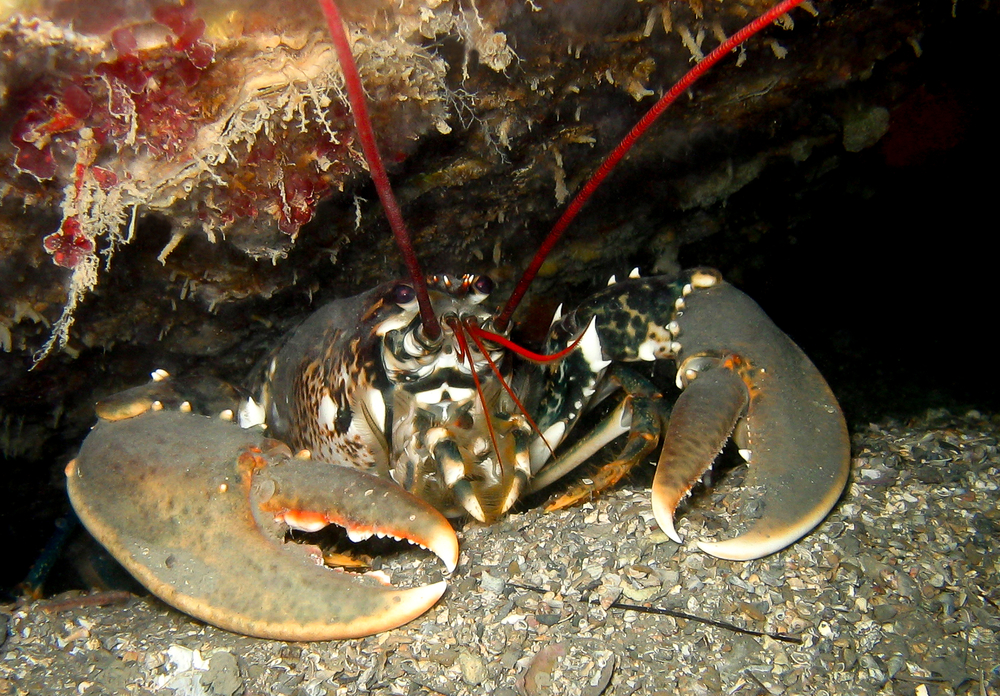
In the UK, there are many different types of Marine Protected Area, including European Marine Sites, Marine Conservation Zones and Marine Nature Reserves.
[unordered_list style=”star”]Some popular diving destinations around MPA areas include:
- Lundy Island, England
- The Lizard, Cornwall, England
- Farne Islands, England
- Kimmeridge Bay, England
- Anglesey, Wales
- Cardigan Bay, Wales
- Skomer Island, Wales
- North-west Orkney, Scotland
- Abbs and Eyemouth, Scotland
- Rathlin Island, Northern Ireland
- Strangford Lough, Northern Ireland
Many divers are involved in local community groups to help encourage better management of existing sites, and to add new ones. Make sure you’re aware of your local Marine Protected Areas and any policies that are in effect (such as no-take legislation) to help protect them, and report any sightings of unlawful activity to your local authorities.
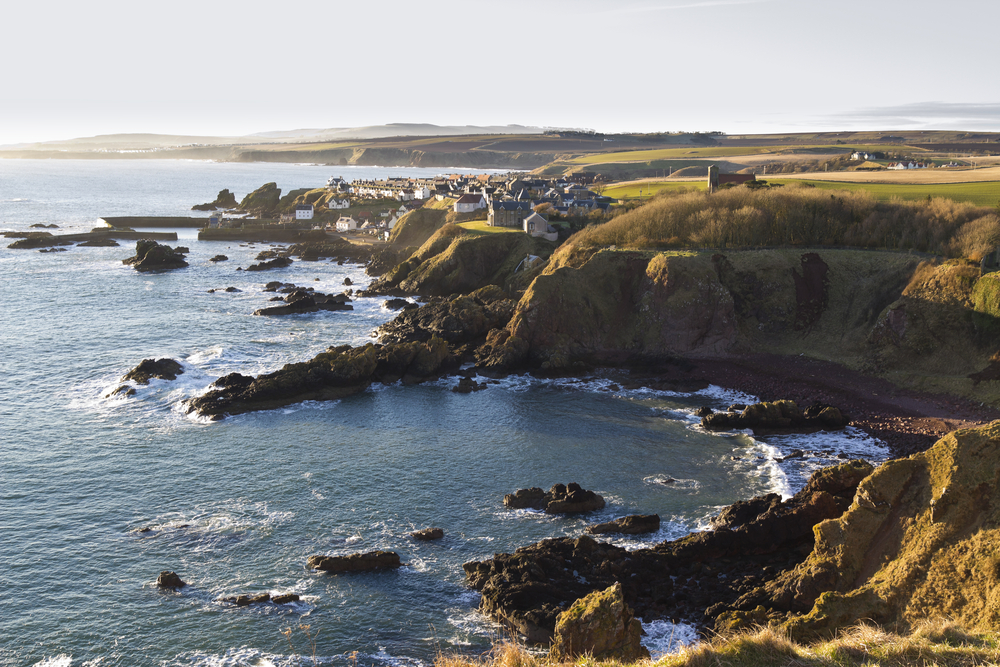
#5 Crack down on invasive species
An invasive species is one that’s not native to the area and, quite literally, invades the eco-system. By feeding on resources and killing other creatures, they pose the risk of spreading aquatic disease and wiping out other species. Although perhaps not as commonly known as lionfish or crown-of-thorn sea stars, the following creatures are causing destruction to British waters:
- American signal Crayfish – featured in the Environment Agency’s “Top 10” invasive species, these are posing huge threats to the native white-clawed crayfish.
- Topmouth Gudgeon – tiny but dangerous, these small fish from Japan are spreading diseases and preventing other fish from spawning.
- Killer Shrimp – as the name suggests, this alien kills a range of freshwater creatures including native shrimps and young fish.
- Chinese Mitten Crab – officially listed as one of the World’s 100 worst invasive species, they destroy habitats and compete with native species.
Although unlikely, you may encounter these at inland dive sites. To help prevent spreading the problem, make sure you wash your kit in fresh water before diving elsewhere, especially if you’ve been diving in local lakes and rivers. Report any sightings of invasive species to the Environment Agency.
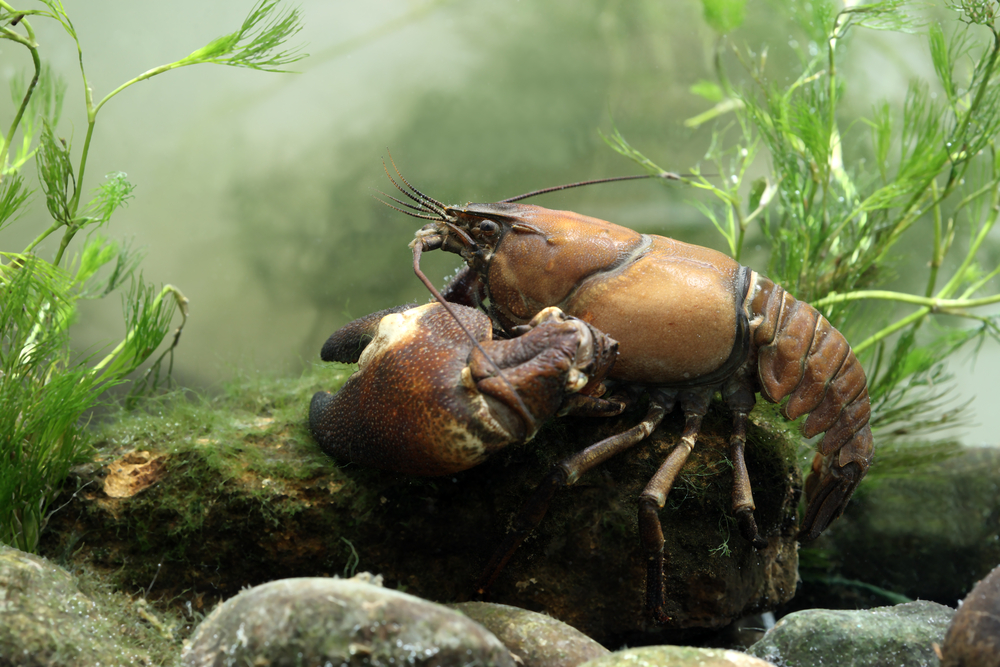
For more information the issues surrounding marine conservation and to learn how to protect the ocean – around the UK and beyond – take the Project AWARE Specialist course. Find out more about traveling and diving to the UK and start making your difference today.
